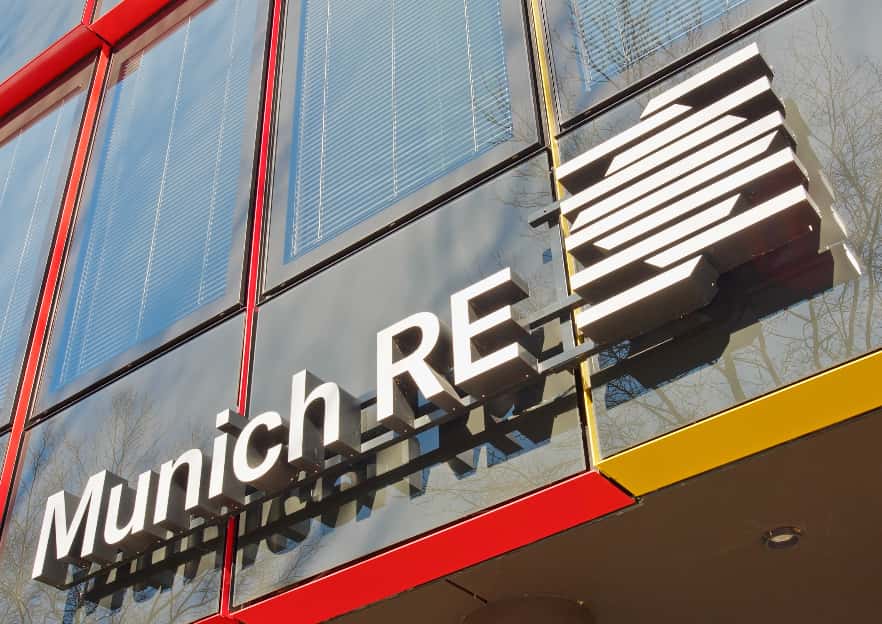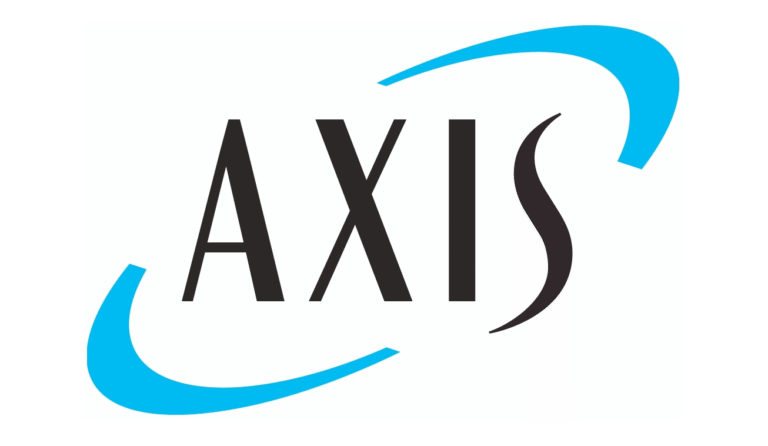
Munich Re, the reinsurance company, reports that growth in cyber insurance premiums is slowing, as heightened competition and a moderate decline in demand put downward pressure on prices.

The company notes that the cyber insurance market is still developing, with considerable differences in policy language, terms, and conditions across providers.
Despite falling prices, Munich Re indicates that the cyber insurance sector remains profitable. In 2024, US combined ratios—a measure of profitability—were approximately 79% for primary cyber insurance and 84% for excess coverage.
Previous price increases in 2021–2022, together with tighter policy terms, continue to support insurer profitability. However, Munich Re observes that rising competition has prompted small reductions in premiums and led some carriers to scale back or revise their cyber insurance portfolios. Ransomware remains the top cause of claims, while business interruption contributes the largest losses.
Munich Re also highlights shifts in reinsurance strategies. Insurers are increasingly considering excess-of-loss arrangements in addition to traditional quota-share contracts, which include loss ratio caps.
As the potential for systemic and aggregation risks persists, Munich Re reports that insurers and catastrophe modellers are enhancing their risk modelling. The company emphasises that the short history of cyber claims and the evolving nature of threats make predicting extreme events particularly challenging.
Emerging technologies, including generative AI, are presenting new risks. According to Munich Re, insurers are working to assess the implications of corporate AI use and are beginning to offer coverage extensions to address compliance with emerging AI regulations.
The company predicts that the growing adoption of AI and other advanced technologies will likely lead to more frequent and sophisticated cyberattacks, highlighting the need for stronger detection and prevention measures.






